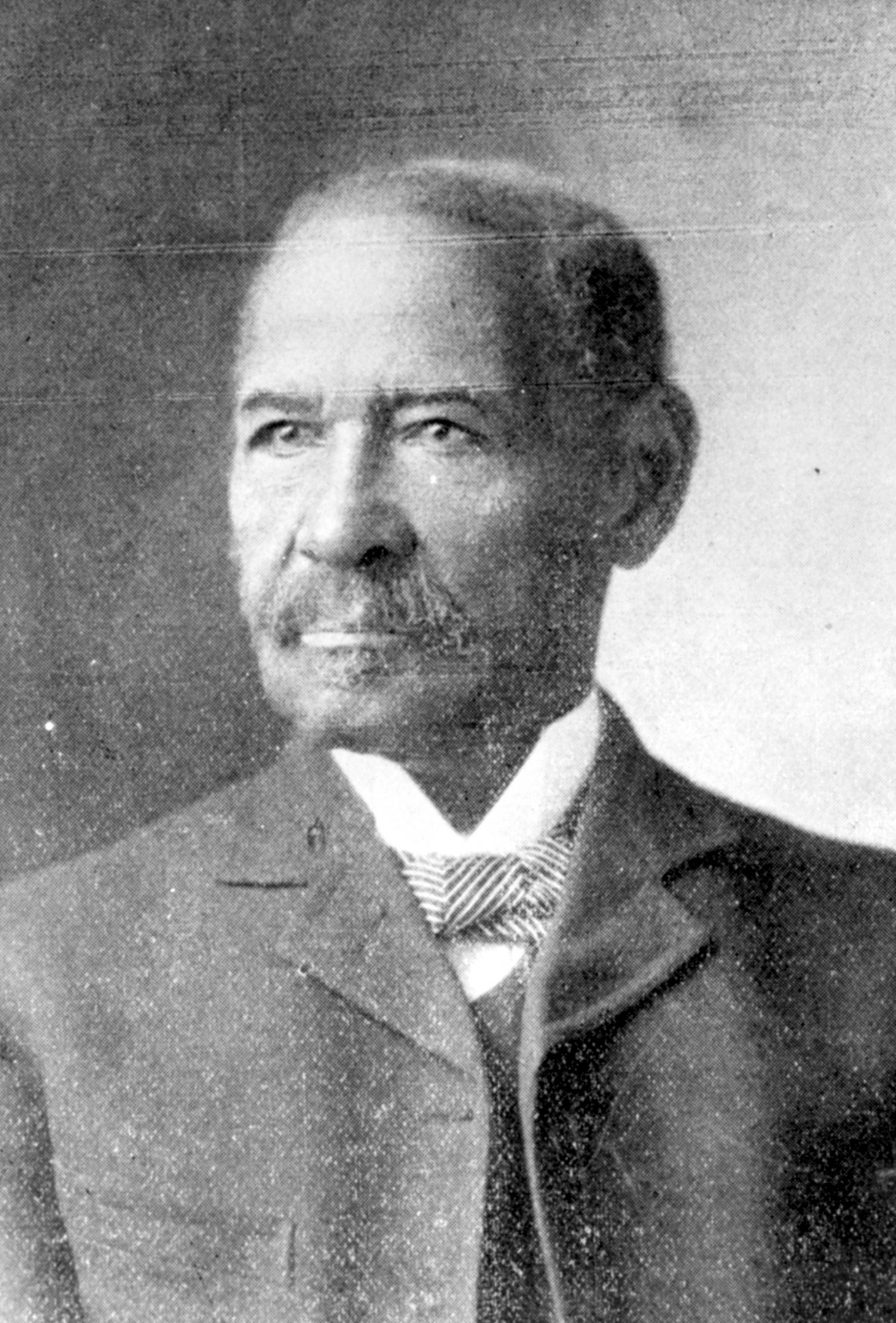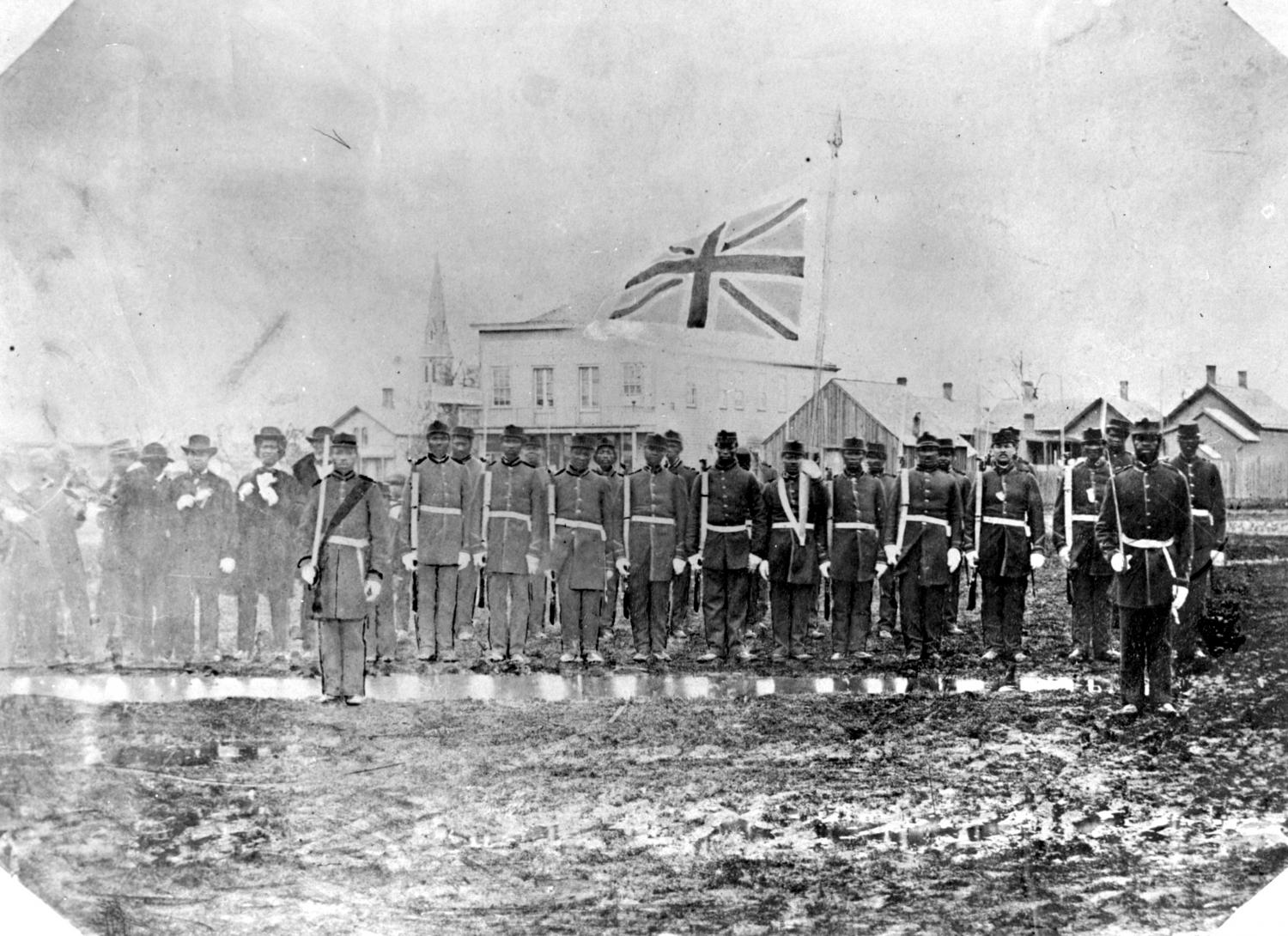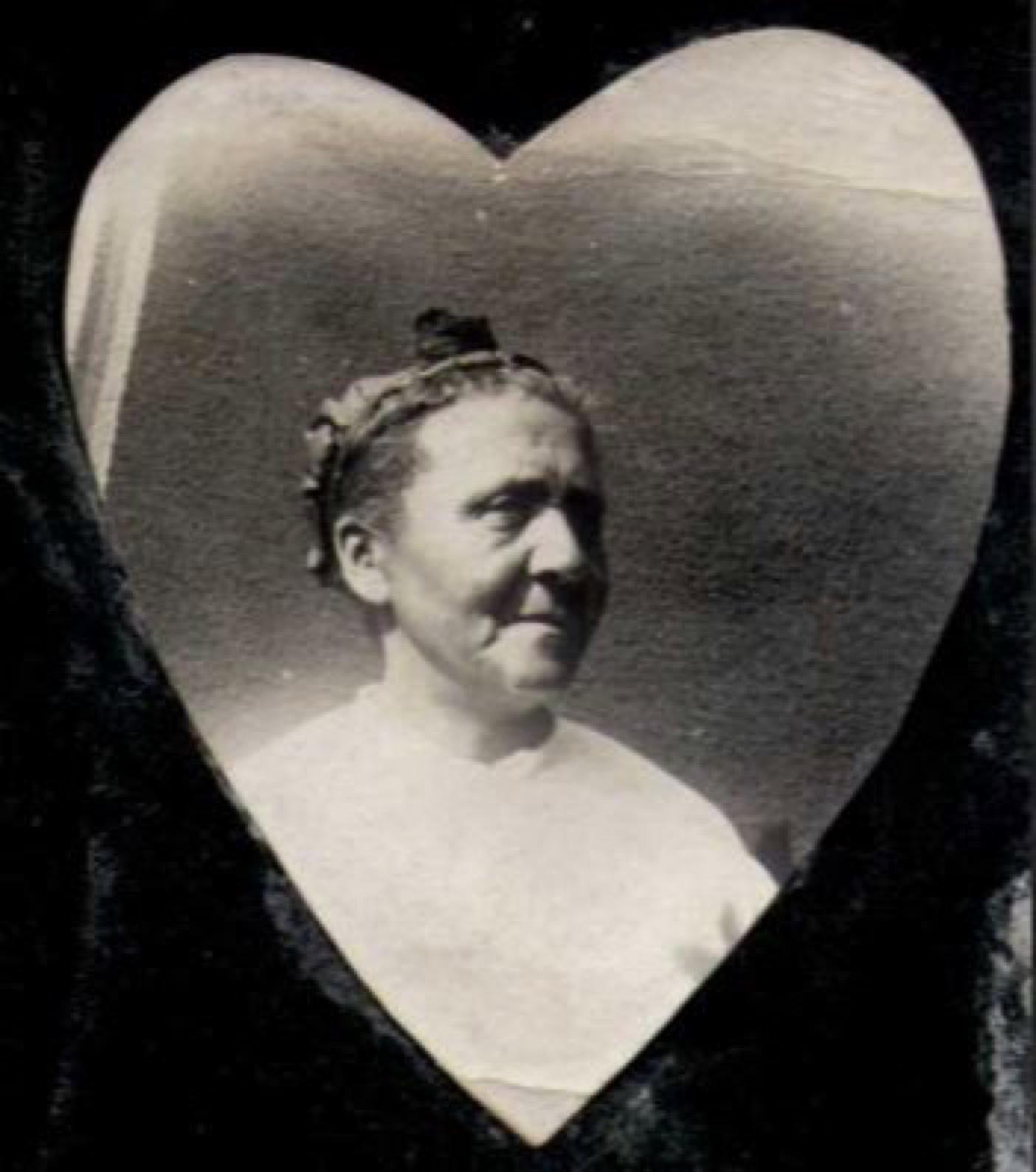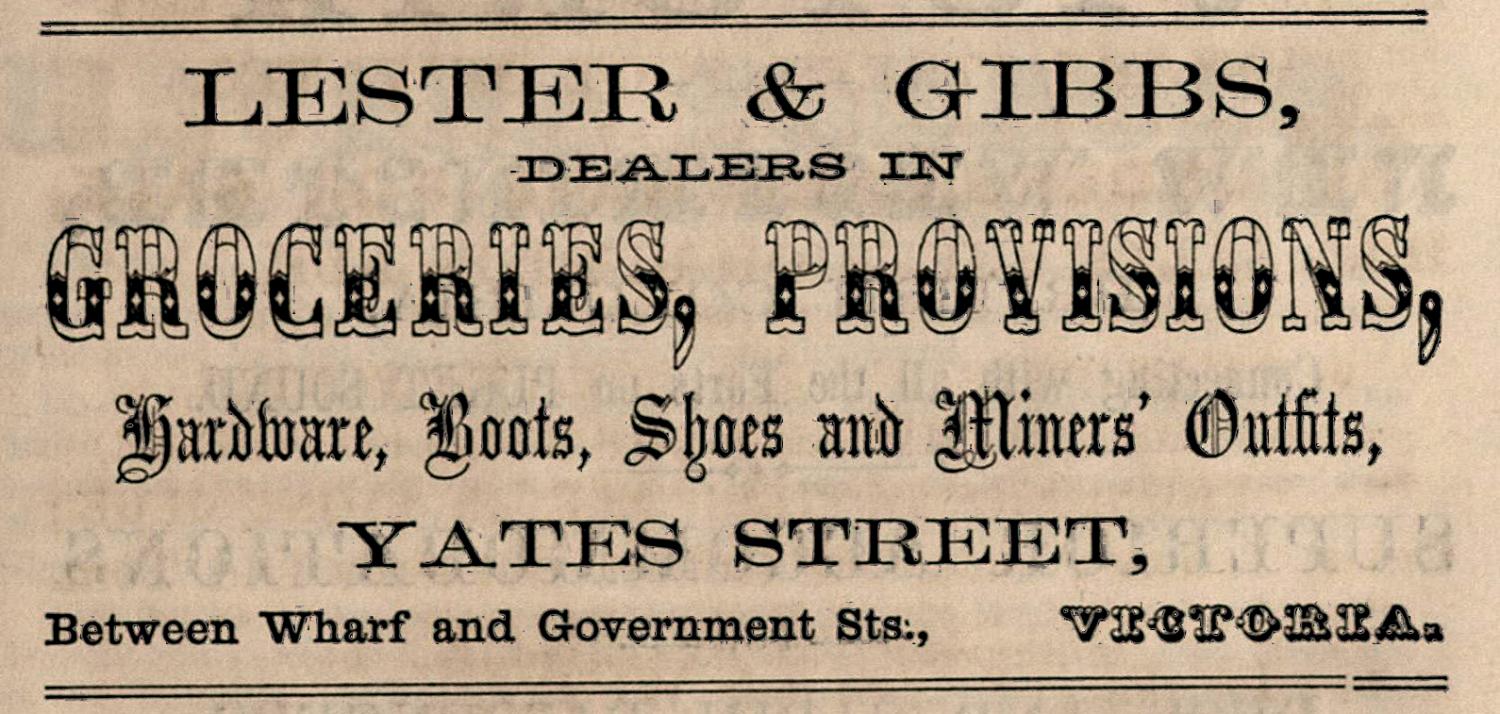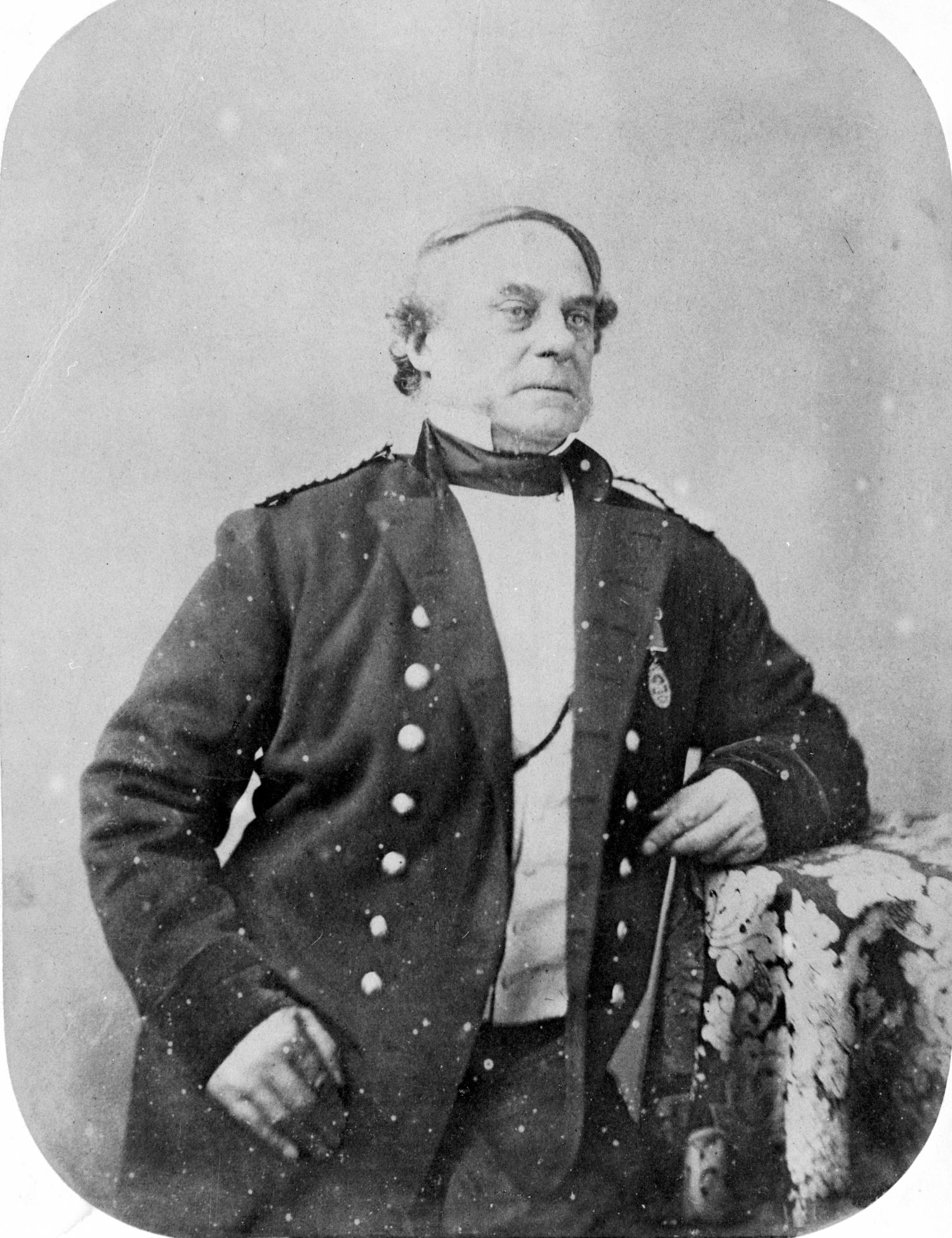Black Pioneers Arrive in B.C.
Eight hundred newcomers flee persecution in California
Date: 1858
In 1858, James Douglas feared the mainland could slip from Britain’s hands. News of gold discovered along the Fraser and Thompson Rivers had reached California a year earlier, and thousands of American prospectors would soon pour into British Columbia’s Interior. Douglas, who became governor of the mainland colony that year, worried this massive influx of armed Americans could empower the United States to take over the young colony.
To offset this threat, Douglas wanted to quickly bolster the area’s small population of British subjects. He saw a solution in the growing community of non-enslaved Black people to the south. Despite their supposed freedom, Blacks in non-slaveholding states such as California continued to face overwhelming hardship. They couldn’t vote, serve on juries, or attend schools above the elementary level, among other inequities. When drawing up California's constitution in 1844, the state’s leaders even debated whether to banish all Black people altogether. The rest of the country, even the emancipated north, offered little refuge. A landmark Supreme Court case in 1857 declared that all free-born Black people could never become citizens or enjoy the rights purportedly guaranteed by the American constitution.
Born in Guyana to a Scottish father and Barbadian Creole mother, Douglas appeared to recognize their plight. In the spring of 1858, the governor met with members of the Pioneer Committee, a contingent of Black men from San Francisco’s First African Methodist Episcopal Zion Church. They sought a land where their families could prosper free from discrimination and violence. If they settled and pledged allegiance to the Crown, Douglas promised them equality before the law, the right to vote and the ability to buy land. One Black San Franciscan who met with Douglas described British Columbia as a “God-sent land for the coloured people.”
By the end of that summer, more than 800 Black settlers had arrived in the British colony. Many of them flourished. Some stayed in Victoria, the bustling first stop for most gold seekers, and became wealthy landowners. One pioneer named Mifflin Gibbs became British Columbia’s first Black person in public office when he was elected a Victoria councilman in 1866. Gibbs and many others eventually returned to the United States following the end of the Civil War. But other Black pioneers stayed in British Columbia, settling in places like Saanich and Salt Spring Island, where Black people made up half of the island’s early non-Indigenous population. Despite much success, racism continued to stalk B.C.’s early Black community.
Sources:
- Blakemore, Erin. “California Once Tried to Ban Black People.” HISTORY, 1 Sept. 2018, www.history.com/news/california-once-tried-to-ban-black-people.
- Cartwright, Peggy. Black Pioneers in Gold Rush Days. 1st ed., Victoria, BC, Manning Press, 1993.
- “Earliest Pioneers (1858-1899).” BC Black History Awareness Society, bcblackhistory.ca/category/stories/earliest-pioneers-1858-1870.
- Kay, Maclean. “British Columbia: Refuge for Political Exiles?” The Orca, 26 Nov. 2018, theorca.ca/resident-pod/british-columbia-refuge-for-political-exiles.
- Kilian, Crawford. “Mifflin Gibbs.” The Canadian Encyclopedia, 7 Sept. 2018, www.thecanadianencyclopedia.ca/en/article/mifflin-gibbs.
- Kilian, Crawford, and Adam Rudder. Go Do Some Great Thing: The Black Pioneers of British Columbia. 3rd ed., Harbour Publishing, 2021.
- McConaghy, Lorraine, and Judith Bentley. Free Boy: A True Story of Slave and Master (V. Ethel Willis White Books Xx). F First Paperback Edition Used, University of Washington Press, 2013.
- Smallshaw, Brian. “Brief History of Salt Spring Island.” Salt Spring Island Archives, saltspringarchives.com/brief-history-salt-spring.html. Accessed 13 Mar. 2021.
- STORYHIVE. “Secret Victoria: Rush to Freedom.” YouTube, 3 Sept. 2019, www.youtube.com/watch?v=B7tvk15vzKU.
- White, Evelyn, and Photos By Joanne Bealy. Every Goodbye Ain’t Gone. First Edition, Dancing Crow Press, 2009.
- Winks, Robin. The Blacks in Canada: A History, Second Edition (Volume 192) (Carleton Library Series). 2nd ed., McGill-Queen’s University Press, 2000.
- Yearwood-Lee, Emily. “British Columbia 1858.” Legislative Library of British Columbia, May 2007, www.leg.bc.ca/content-peo/Learning-Resources/BC-1858-BP200702a-English.pdf.

